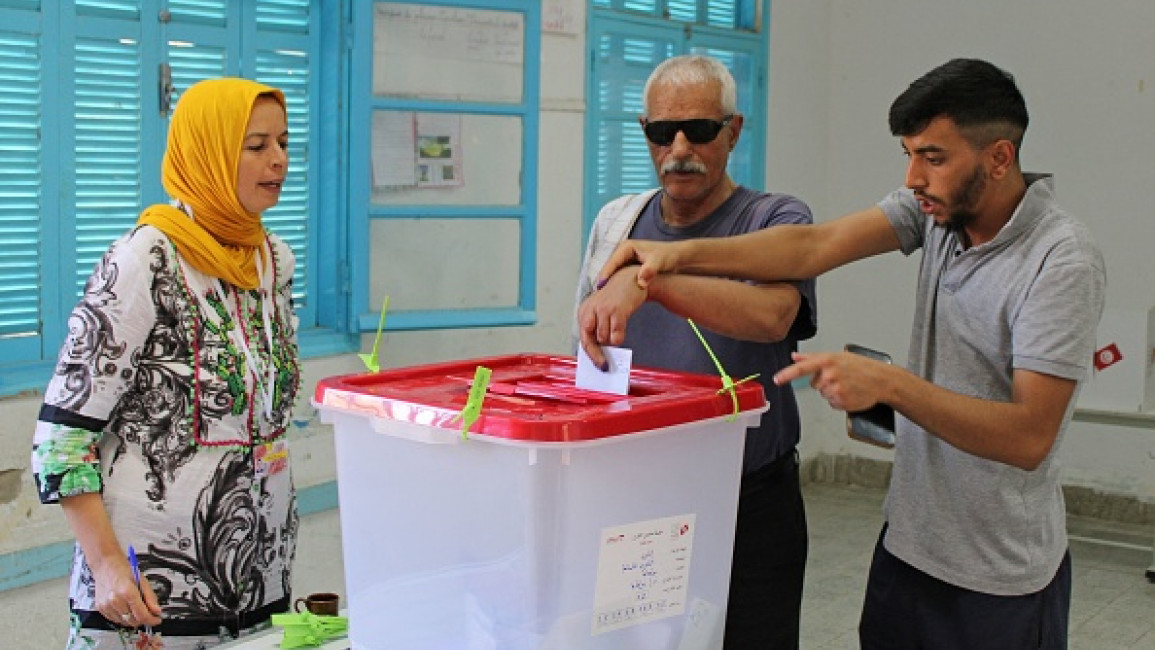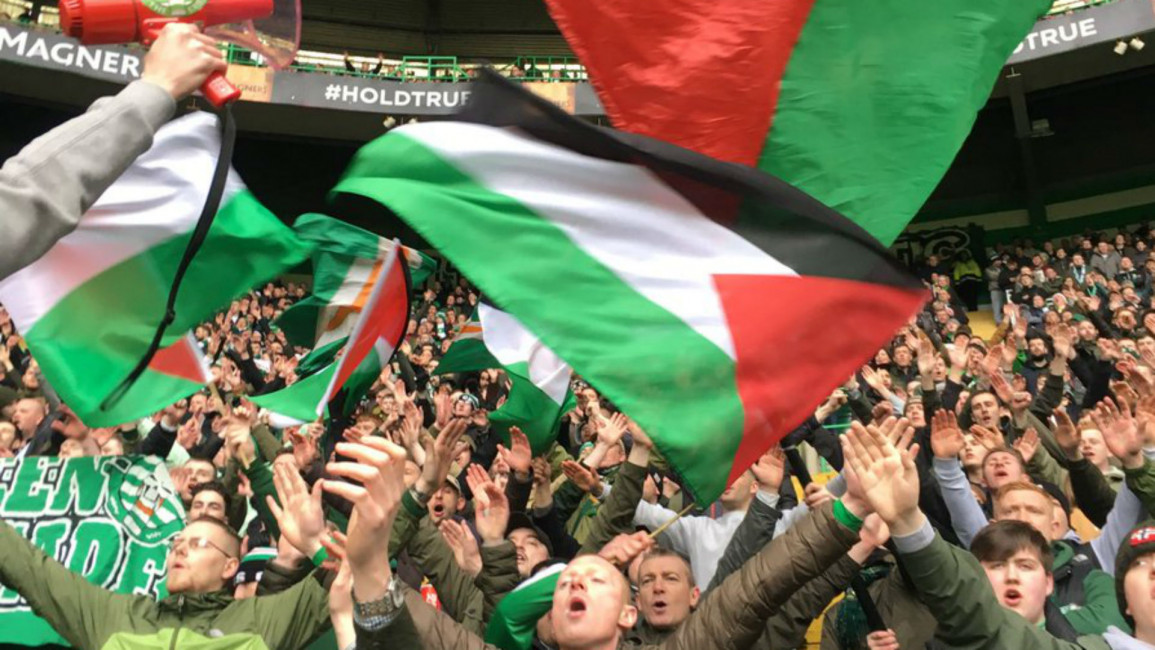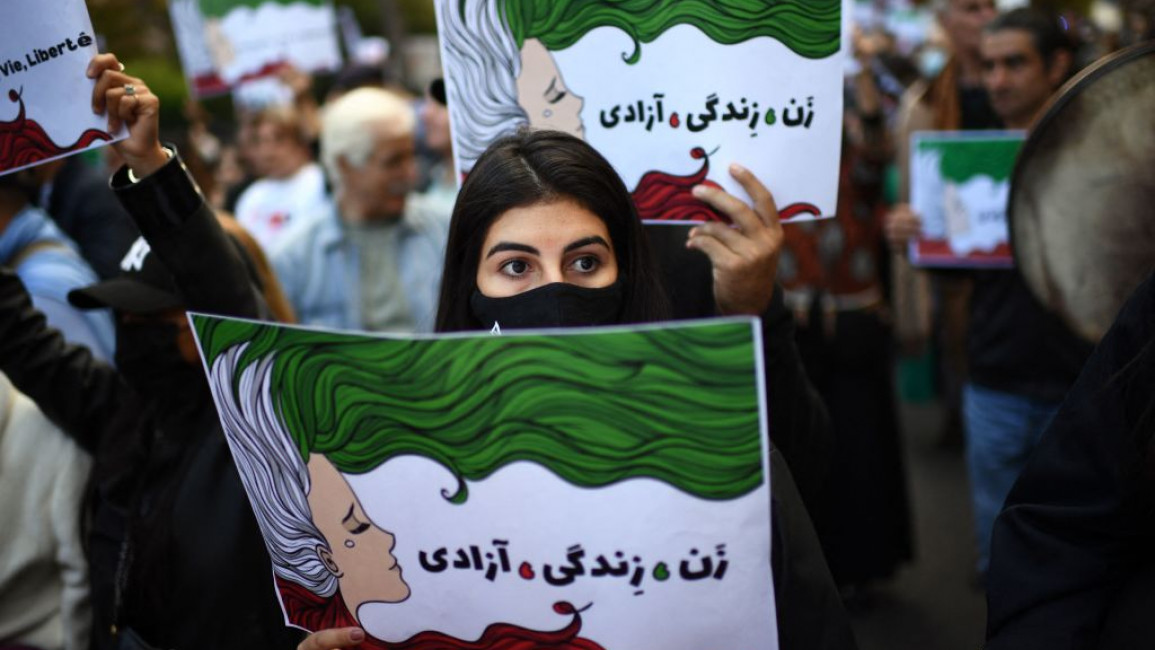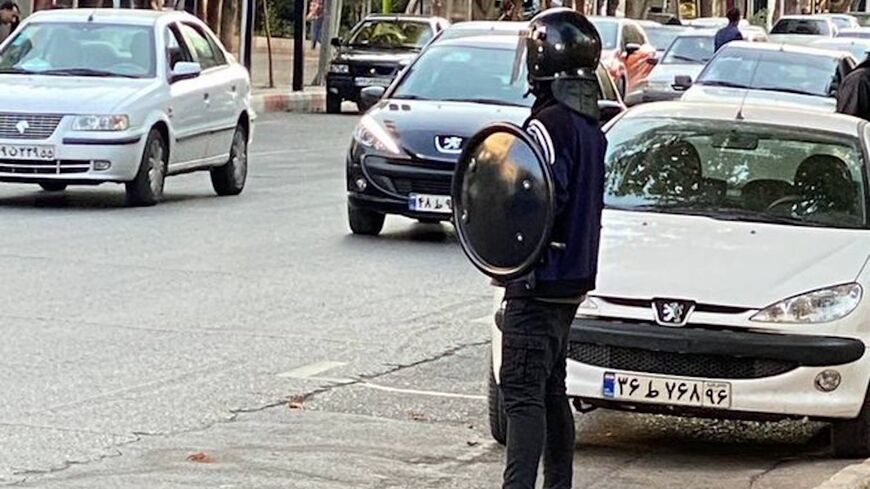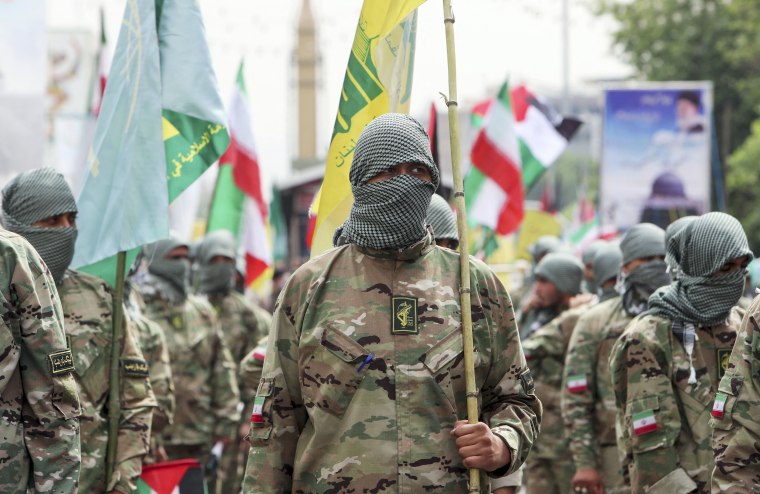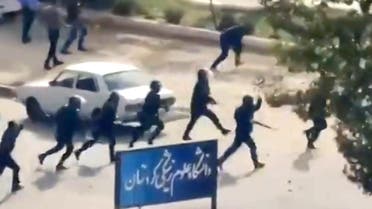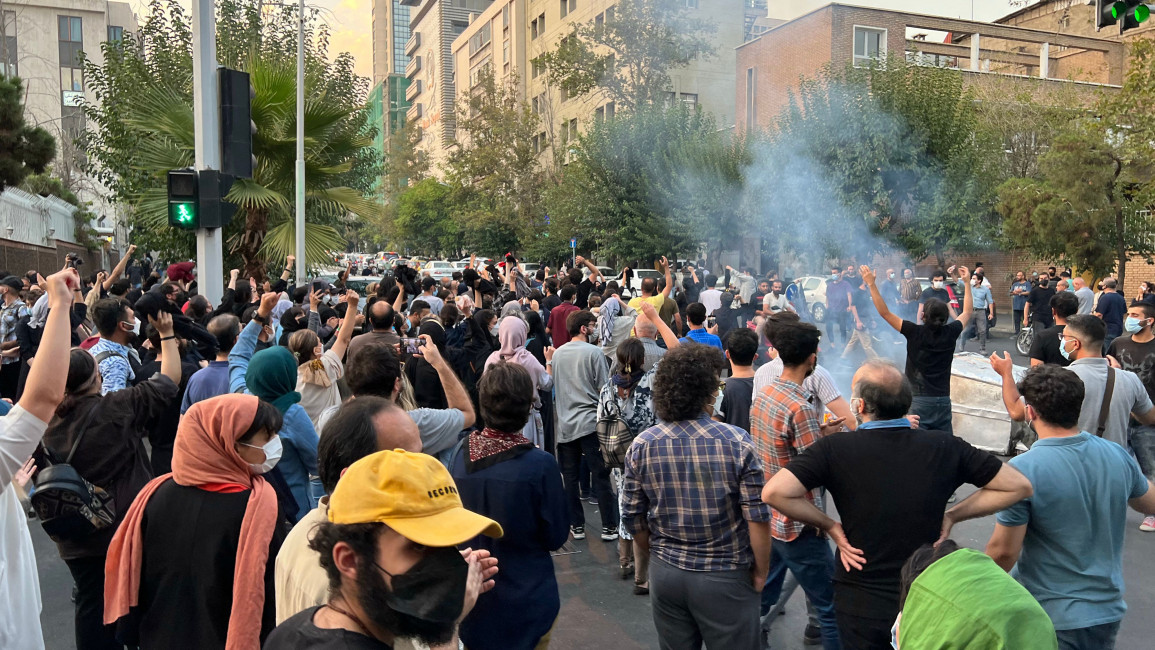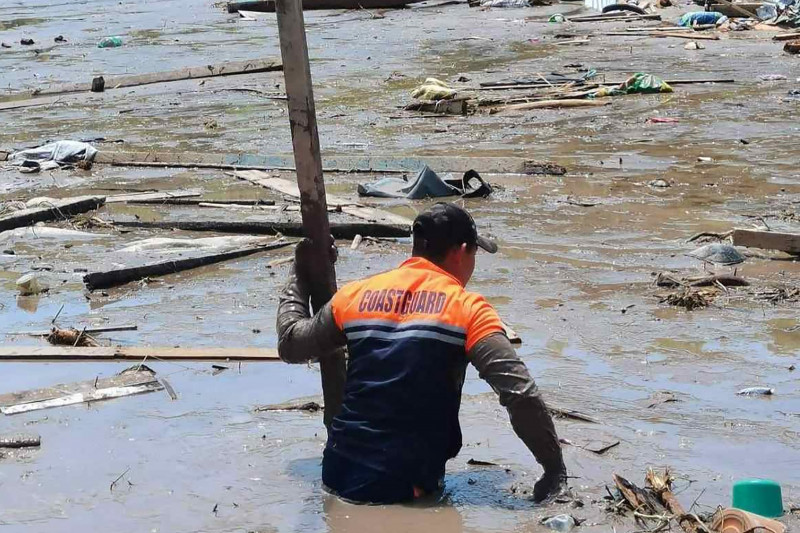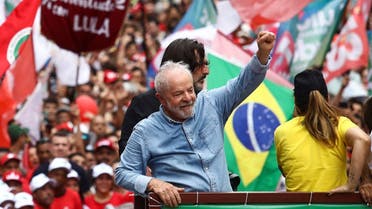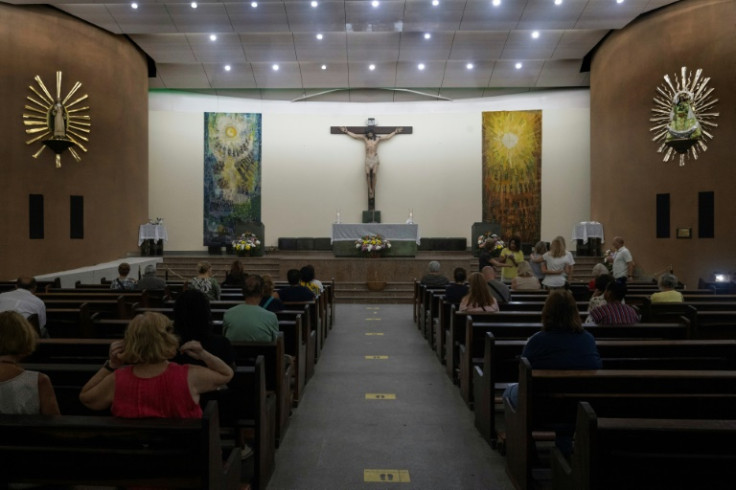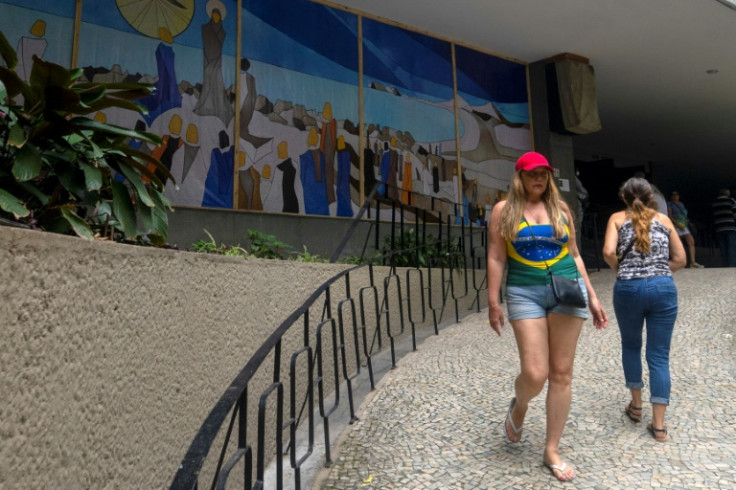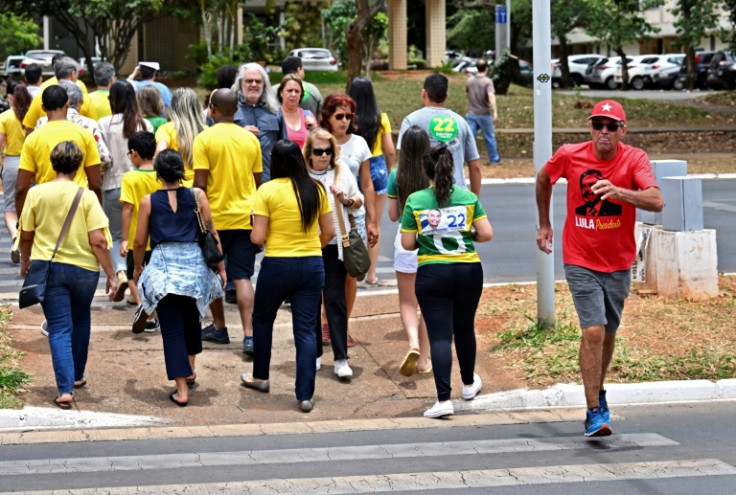Iran’s nationwide uprising marks its 45th day on Sunday after escalating protests in many cities across the country, especially as college students took to the streets in large numbers on Saturday. Following the onslaught against Tehran’s Sharif University of Technology earlier this month, regime authorities deployed their forces into two campuses in the capital and the city of Mashhad where anti-regime dissent has been escalating.
Protests in Iran have to this day expanded to at least 203 cities. Over 450 people have been killed and more than 25,000 are arrested by the regime’s forces, according to sources of Iranian opposition People’s Mojahedin Organization of Iran (PMOI/MEK). The names of 294 killed protesters have been published by the PMOI/MEK.
Sunday’s protests began with another wave of student demonstrations across the country. Protests were reported in Tehran, Babolsar, Zanjan, Shiraz, Sanandaj, Mashhad, and Qazvin. At the same time primary and high school students held demonstrations in streets in several cities. These demonstrations took place despite warnings issued by Hossein Salami, the top commander of the Revolutionary Guards (IRGC), on Saturday. In several locations, security forces attacked the students but were met with fierce resistance.
Clashes continued between security forces and students. More footage and reports from Tehran indicate security forces are directly firing at students with firearms. In Sanandaj, clashes were reported in at least three universities, including Kurdistan University and Yazdanpanah University. Reports indicate security forces are using live ammunition against students.
Nightly protests were held in several cities on Sunday, including Mahabad, Bukan, Kerman, Sanandaj, and Ravansar. In several cities, protesters lit fire and prevented security forces from taking control of the streets. Clashes continued between protesters and security forces across Iran as the people refused to yield to the regime’s repression. In Tehran, families of Azad University students gathered at the campus, where the students have been stranded and surrounded by security forces.
On Saturday, cities in Iran’s Kurdish regions continued their relentless protests with locals taking to the streets in the cities of Sanandaj, Saqqez, Mahabad, Bukan, Baneh, and others. People throughout the country are chanting various slogans, some specifically calling for regime change in Iran by the people of Iran. “Death to the dictator!” and “Death to Khamenei!” referring to regime Supreme Leader Ali Khamenei, and “Death to the oppressor! Be it the Shah or [Khamenei]!”
Despite Saturday’s massive crackdown measures on various college campuses, there are already reports on Sunday indicating university students in Tehran, Sanandaj, Mashhad, Shiraz, Babolsar, Chabahar, Hamadan, and Zanjan are continuing to protest the mullahs’ regime and refusing to backdown. In Saqqez, authorities are attacking high school students and a number of them have been abducted by plainclothes agents, according to local activists.
Saturday’s protests began with student rallies in universities across Iran. Protest rallies were reported in Tehran, Ahvaz, Kerman, Babol, Lorestan, Kermanshah, and Qods City. Across Iran, students called for the ouster of the mullahs, chanting anti-regime slogans such as “Death to the dictator!” “Freedom! Freedom! Freedom!”
Student demonstrations continue across Iran despite the repressive measures by the regime. In the previous night, security forces stormed dormitories in different cities and violently arrested students to intimidate them and prevent future protests. But the students returned to the streets on Saturday.
On Saturday, there were numerous reports of security forces attacking students. At Tehran University, Basij forces attacked and assaulted students, but the protesters resisted and continued their rallies. In Sanandaj, Basij forces attacked students at the Kurdistan University of Medical Sciences. And in Mashhad, security forces attacked students at Azad University.
Also on Saturday, there was a large rally at Arak as locals gathered for the funeral of Mehrshad Shahidi, a 19-year-old youth who was killed by security forces in recent days. The funeral quickly turned into an anti-regime rally, with protesters shouting slogans against Khamenei and the mullahs’ rule. Security forces attacked the rally and tried to disperse the protesters by opening fire on the protesters but were met with fierce resistance.
Protests continued late into the night on Saturday despite the heavy presence of security forces in major cities. Reports of protests came from Ahvaz, Yazd, Piranshahr, Borujerd, Lasht-e Nesha, Bukan, Bandar Abbas, and Astara.
The situation is especially tense in Mashhad, where security forces have surrounded Azad University since the evening and are cracking down on students. Videos show security forces violently beating and arresting students. There are also reports of clashes between protesters and security forces in Astara, Yazd, and Lasht-e Nesha. Protesters have put up fierce resistance despite facing heavily armed repressive forces.
Iranian opposition NCRI President-elect Maryam Rajavi praised the brave stance of Iran’s college students, especially in the restive cities of Tehran and Mashhad. “IRGC troops and special guards have surrounded the School of Technology in Amirabad, Tehran, and Azad University of Mashhad. I urge the brave youths and people of Tehran and Mashhad to rush to their aid and break the blockade. Nothing is more powerful than people’s unity and fighting spirit,” the NCRI President-elect emphasized.
The protests in Iran began following the death of Mahsa Amini. Mahsa (Zhina) Amini, a 22-year-old woman from the city of Saqqez in Kurdistan Province, western Iran, who traveled to Tehran with her family, was arrested on Tuesday, September 13, at the entry of Haqqani Highway by the regime’s so-called “Guidance Patrol” and transferred to the “Moral Security” agency.
She was brutally beaten by the morality police and died of her wounds in a Tehran hospital on September 16. The event triggered protests that quickly spread across Iran and rekindled the people’s desire to overthrow the regime.
Mahmoud Hakamian writes for PMOI/MEK, where this article was published.
